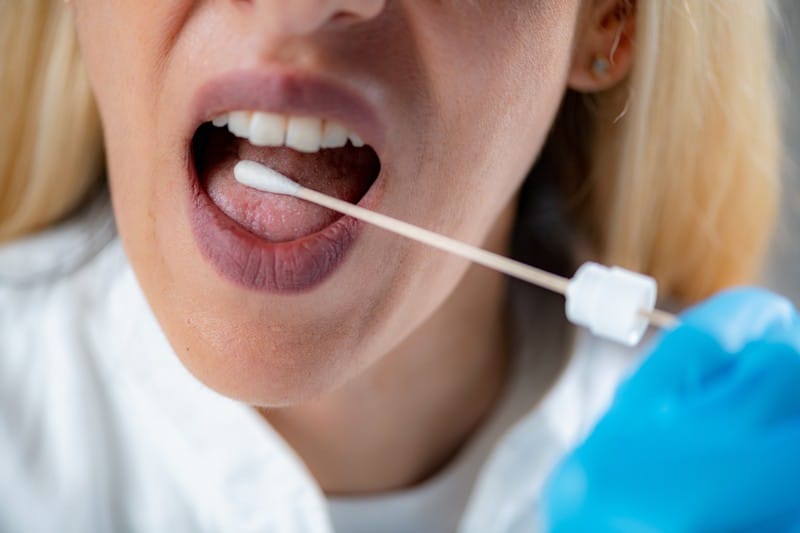Forms Saliva

Saliva primarily consists of water. Mucus, enzymes, and electrolytes are also in the saliva’s trace amounts. Saliva is crucial for digesting solid food and maintaining oral health. It keeps the lips, nose, and eyes hydrated and supports digestion. With consistent hydration, the body often produces enough saliva. However, as people age or as a result of some medications or treatments, saliva production may decline.
A person’s mouth may become quite dry if they do not produce enough saliva. This issue is known as dry mouth (xerostomia). The tissues in the mouth, including the tongue, gums, and other soft tissues, swell and hurt when a person has a dry mouth. Germs flourish in this environment. A dry, germ-filled mouth causes bad breath.
Additionally, dry mouth increases a person’s risk of developing gum disease and rapid tooth decay. Saliva helps remove food debris from your teeth. People who experience dry mouth may also find that their sense of taste has changed.










